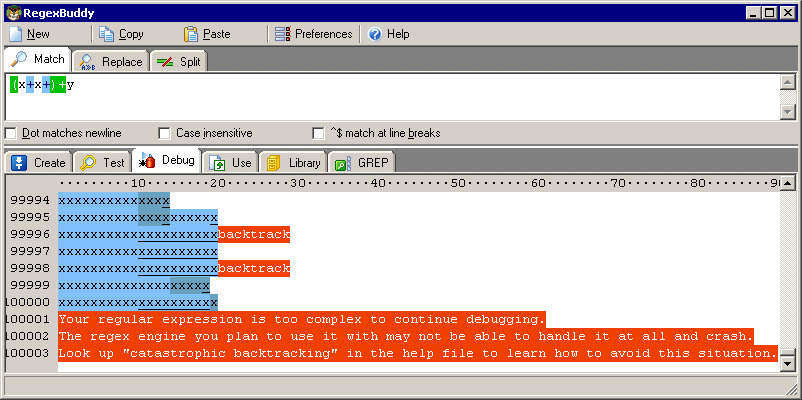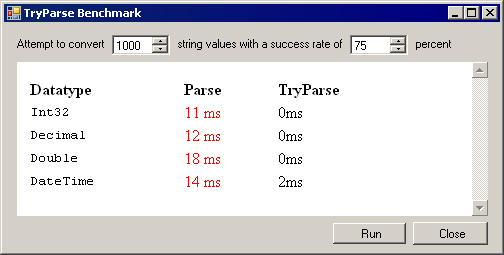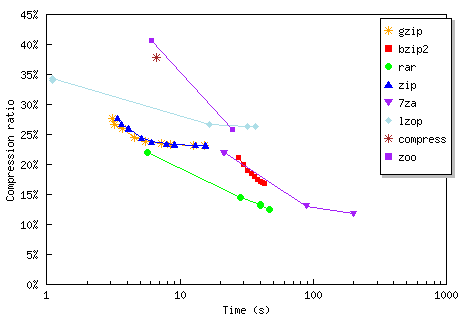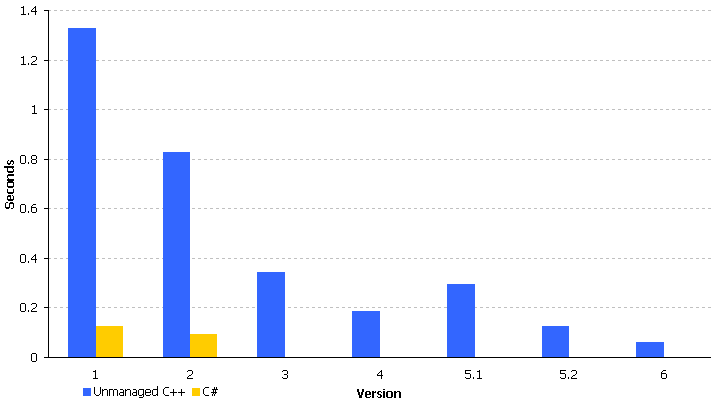
user experience
Speed Still Matters
I remember switching my homepage from AltaVista to Google back in 2000 for one simple reason: it was blazingly fast. It’s the same reason I don't use personalized Google, or Google suggest as my homepage: they’re simply too slow. Dare Obasanjo* wonders if AJAX apps are




